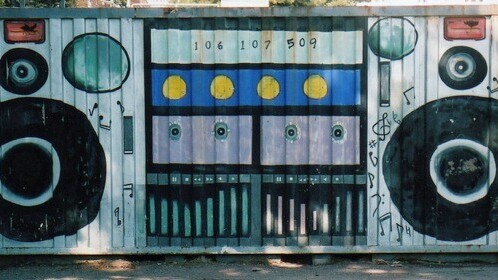
Recently MXP4, a Paris-based company that specialises in music games, and EMI, one of the worlds largest record labels, announced an agreement that will allow MXP4 to release revenue generating Facebook games that feature tracks from major EMI artists such as Gorillaz, David Guetta and Lily Allen.
This essentially lets MXP4 bypass the usual licensing issues that hamper the creation of such music apps and generally deter developers from creating them, despite the fact that in many cases such games could likely become hugely popular in the social space.
All in all, this has to be seen as a very positive development for the music industry and hopefully is the first of many such deals between labels and the software developers who are trying to help them connect their artists with their fans in an entirely new way, as well as create a new income stream from their licenced tracks.
Perhaps an even more significant development came earlier in the year however with the agreement between Def Jam, a division of Universal and Boston-based music API specialists The Echo Nest. This rare example of music label innovation and foresight involved label Def Jam allowing The Echo Nest to essentially digitise its entire catalogue and make it available to developers via an API. The developers can then easily create an artist app from the available data and bypass the usual licensing constraints, just as long as they agree to share a proportion of their app revenue with both the label and API provider.
Although most social music games rely on material from established artists, up-and-coming and unsigned musicians may also be able to make use of them to build interest and a following too.
I was recently introduced to ‘Sound City’ – a forthcoming Facebook app from KBoom! Games which combines music discovery with Zynga style management of a virtual club and draws from tracks from new bands and artists that have signed up with licensing specialists Music Dealers. At a time where it is increasingly harder for musicians to both gain support from labels and distinguish themselves from other emerging artists, this gives many musicians something of an edge. This is especially true, given that the game allows them to create their own virtual ‘club’ space where they can share exclusive tracks with fans and even hire them as virtual staff.
Recent events have certainly paved the way for social music gaming to become a popular mainstream pastime but whether or not they will eventually decline in popularity – such as the rhythm games like Guitar Hero and DJ Hero – or become an essential part of how people interact with and share music in the future remains to be seen. Either way I think we’re going to be seeing some more fun and interesting developments in this space soon.
Get the TNW newsletter
Get the most important tech news in your inbox each week.






